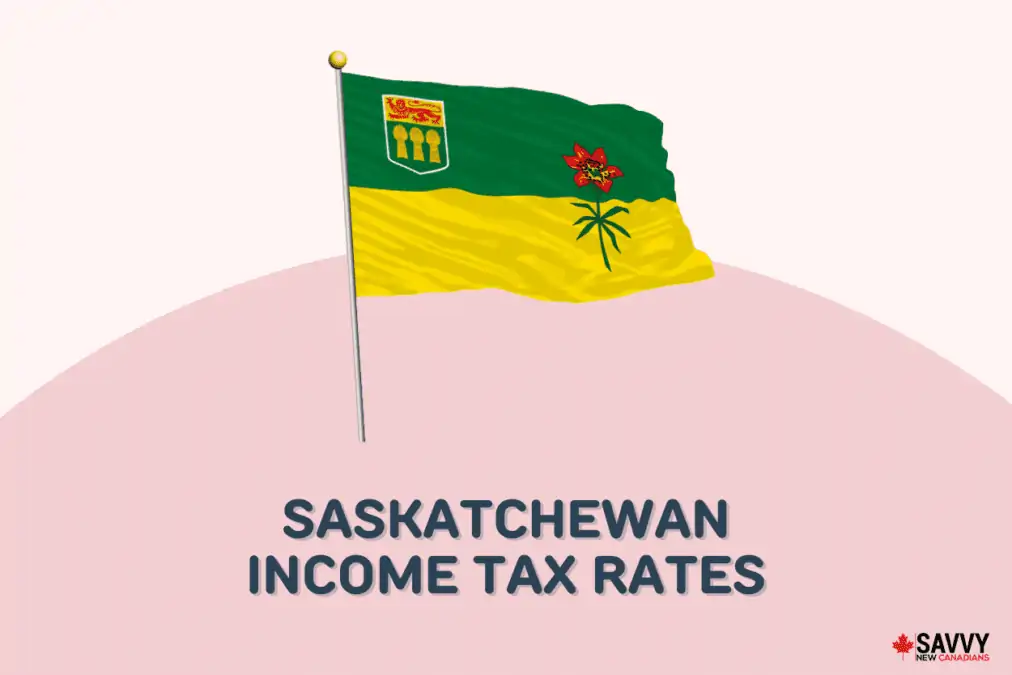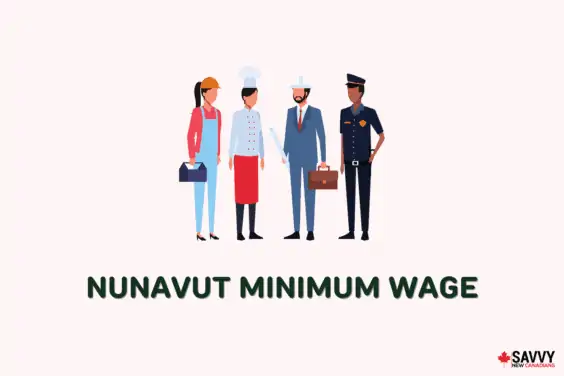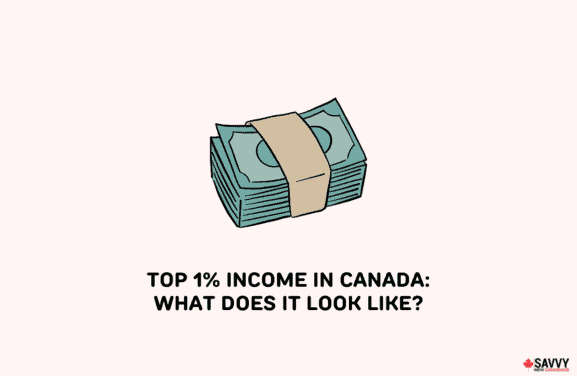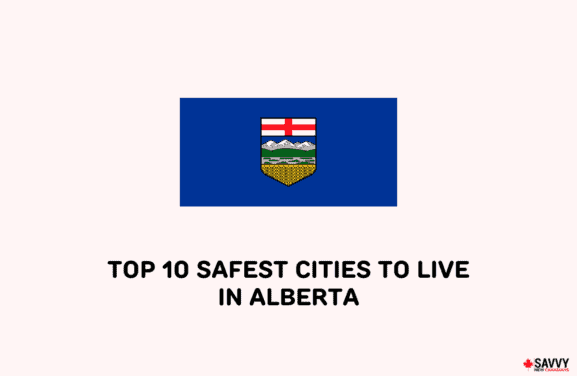Like Manitoba, Saskatchewan has only three tiers for its income tax brackets and rates.
Its lowest tax rate is 10.50% and applies to income of up to $46,773. The top provincial rate is 14.50%, and this applies to income over $133,638.
Saskatchewan indexed its tax brackets in 2022 in line with the federal indexation factor of 1.024.
The top rate for combined provincial and federal taxes on regular income in Saskatchewan is 47.50%.
For the tax rates in other prairie provinces, check the links below:

Saskatchewan Tax Rates and Brackets 2022
The tax rates and brackets applicable to taxable regular income (i.e. salary or interest earned on savings accounts) in Saskatchewan are:
| Taxable Income | Saskatchewan Tax Rate |
| Up to $46,773 | 10.50% |
| $46,773.01 to $133,638 | 12.50% |
| $133,638.01 and over | 14.50% |
To break it down, you pay the following taxes in Saskatchewan:
- 10.50% on the first $46,773 of taxable income, plus
- 12.50% on the next $86,865 (i.e. on the portion of taxable income over $46,773 up to $133,638), plus
- 14.50% on amounts exceeding $133,638
Saskatchewan’s basic personal amount of $16,615 means you don’t pay provincial income taxes if your income is $16,615 or lower.
Saskatchewan Marginal Tax Rates (Federal and Provincial)
Along with provincial taxes, you may need to pay federal taxes to the CRA, depending on your income.
The federal tax rates and brackets for 2022 are:
| Taxable Income | Tax Rate (Federal) |
| Up to $50,197 | 15% |
| Over $50,197 and up to $100,392 | 20.50% |
| Over $100,392 and up to $155,625 | 26% |
| Over $155,625 and up to $221,708 | 29% |
| Over $221,708 | 33% |
Your marginal tax rate is what you pay in taxes for every additional taxable income you earn.
It varies depending on the source of income. For example, your salary is treated differently from the capital gains you earn when you sell a stock investment or ETF.
The combined federal and provincial tax rates you pay in Saskatchewan are below:
| Taxable Income | Regular Income | Capital Gains | Ineligible Canadian Dividends | Eligible Canadian Dividends |
| Up to $46,773 | 25.50% | 12.75% | 16.53% | -0.72% |
| $46,773.01 to $50,197 | 27.50% | 13.75% | 18.83% | 2.04% |
| $50,197.01 to $100,392 | 33% | 16.50% | 25.16% | 9.63% |
| $100,392.01 to $133,638 | 38.50% | 19.25% | 31.48% | 17.22% |
| $133,638.01 to $155,625 | 40.50% | 20.25% | 33.78% | 19.98% |
| $155,625.01 to $221,708 | 43.88% | 21.94% | 37.67% | 24.65% |
| $221,708.01 and over | 47.50% | 23.75% | 41.83% | 29.64% |
The top combined federal and provincial tax rates payable in Saskatchewan are:
- Regular income: 47.50%
- Capital gains: 23.75%
- Ineligible Canadian dividends: 41.83%
- Eligible Canadian dividends: 29.64%
Saskatchewan Marginal Tax Rate Example
If you earned $80,000 in taxable salary income in 2022, your combined federal and Saskatchewan taxes are calculated as:
- On the first $46,773 of income, you pay 25.50%, i.e. $46,773 × 0.2550 = $11,927.115
- On the next $3,424 ($50,197 – $46,773), you pay 27.50%, i.e. $3,424 × 0.2750 = 941.60
- On the remaining $29,803 ($80,000 – $50,197), you pay 33%, i.e. $29,803 × 0.33 = $9,834.99
Your income taxes in 2022 amount to a total of $22,704.
With a taxable income of $80,000, your marginal tax rate is 33%. Your average tax rate is lower at 28.38% ($22,704 ÷ $80,000).
Related: Statutory Holidays in Canada.
Saskatchewan Tax Credits and Deductions
When you factor in the other tax credits you qualify for federally and provincially, it is likely that your taxable income and average tax rate will be lower.
Refundable tax credits lower your taxes, and you receive a tax refund if the credits you are eligible for exceed the taxes you owe. One example of a refundable tax credit in Saskatchewan is the Low-Income Tax Credit. Another is the GST rebate.
Non-refundable tax credits can only lower your tax bill to zero. You do not receive a refund from excess credits.
Common non-refundable tax credits in Saskatchewan are:
- Basic personal amount credit
- Spouse amount credit
- Dependent child amount credit
- Graduate retention program credit
- Senior supplement credit
- Medical expense tax credit
- Charitable donations tax credit
- Mineral exploitation tax credit
- First-time homebuyer’s tax credit
- Disability amount credit
- Caregiver amount credit
New non-refundable tax credits were announced in the 2019-20 provincial budget for volunteer firefighters, search and rescue volunteers, and volunteer emergency medical first responders in Saskatchewan.
Saskatchewan Sales Tax Rates
Saskatchewan charges a 6% Provincial Sales Tax (PST) on top of the 5% Goods and Services Tax (GST) charged by the federal government.
Zero-rated goods that do not incur the PST include basic groceries, prescription drugs, and some farm equipment.
Services exempt from the PST include daycare centres, car washes, fitness centres, healthcare services, beauty salons, tattooing services, limousine services, and travel agencies.
Related: Minimum Wage Rates in Canada.
How To File Your Tax Return in Saskatchewan
If you have earned income in the last year, you must file an income tax and benefit return by April 30th. Self-employed individuals get an extension until June 30th.
To file your taxes, you can use online tax software (free or paid), file a paper application, or use the services of a volunteer tax clinic if your income is modest.
You can also use a brick-and-mortar tax preparation service such as H&R Block.
Online tax filing means you get your tax assessment back quickly (including any tax refunds). If you submit a paper return, it may take up to 8 weeks to be processed.
The top free online tax software in Canada are TurboTax and Wealthsimple Tax.
Even if you haven’t earned income in the last year, you should file your taxes so CRA can assess whether you qualify for benefits, e.g. the Guaranteed Income Supplement and the Canada Child Benefit.



